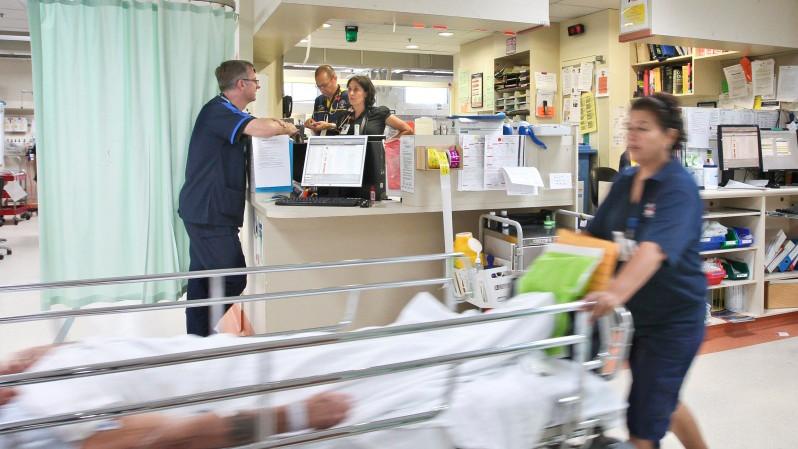
The Australian Federal Government has decided not to expand the fast-track Specialist International Medical Graduate (SIMG) pathway to include surgery. This announcement follows extensive advocacy from the Royal Australasian College of Surgeons (RACS) and other medical colleges, which expressed concerns about the unique nature of surgical training and assessment.
Mark Butler MP, the Minister for Health, Aged Care and Sport, confirmed the Government’s position, highlighting the importance of maintaining rigorous standards in surgical education. The decision comes after a year of ongoing discussions regarding the SIMG comparability pathway, which has been implemented in other specialties such as General Practice, Anaesthesia, Obstetrics and Gynaecology, and Psychiatry.
RACS has consistently argued that strengthening the existing SIMG pathway is preferable to introducing a fast-tracked registration process for surgeons. The College has emphasized that any workforce solutions need to target specific shortages, particularly in rural and regional areas, while ensuring patient safety remains paramount.
The outcome reflects the trust placed in RACS and demonstrates the strength of the medical profession when it collaborates effectively. Looking ahead, RACS is committed to continuing its partnership with government bodies to develop workforce solutions that are informed by specialty experts and focused on safety, quality, and professionalism.
Discussions with the Medical Council of New Zealand are expected to take place in the coming months, exploring potential models for an expedited pathway. RACS aims to work closely with these stakeholders to address the ongoing challenges within the surgical workforce landscape.
The decision not to fast-track the SIMG pathway underscores the government’s commitment to ensuring that surgical education maintains its high standards, while also addressing the pressing need for healthcare professionals in underserved communities.






